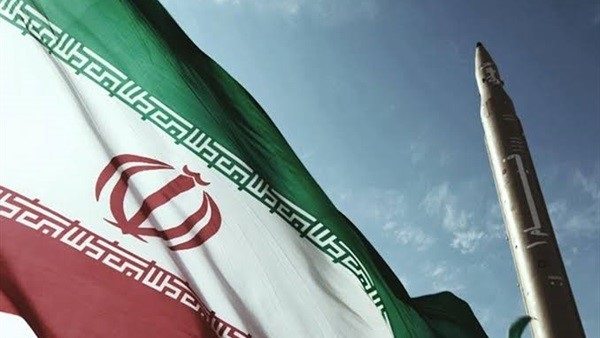Iran adheres to uranium enrichment card despite understandings with Washington

Despite the ongoing understandings between Iran and the
United States, during which five American prisoners were released in exchange
for Washington canceling the freeze on $6 billion
in Iranian oil funds, as well as talk of secret provisions that guarantee
Tehran getting rid of quantities of enriched uranium or not keeping new
quantities. However, Iran announced the continuation of uranium enrichment in
accordance with local law.
American reports revealed that, in conjunction with these
ongoing understandings between the two parties, it was observed that Iran
slowed down its uranium enrichment by 60%, amid talk about secret provisions of
these understandings aimed at uranium enrichment and stopping Iran’s supply of
drones to Russia.
The head of the Atomic Energy Organization Iran (AEOI),
Mohammad Eslami, announced that Iran will continue to enrich uranium on the
basis of the framework established by its parliament in 2020, pointing out that
the assistant director general of the International Atomic Energy Agency (IAEA)
will visit Tehran, as the agency is preparing to issue its new report on the
Iranian nuclear program within days.
When asked about US reports that Tehran had slowed its
enrichment of uranium to 60% purity, Eslami said, “Our nuclear enrichment continues
on the basis of the Strategic Framework Law,” referring to the relevant
legislation.
In 2020, the Iranian parliament passed a law requiring the
government to take measures such as enhancing uranium enrichment operations
beyond the limit stipulated in the 2015 Tehran nuclear agreement between Iran
and major world powers if other parties do not fully adhere to the agreement.
Expected step
Dr. Masoud Ibrahim, an academic researcher specializing in
Iranian affairs, said in exclusive statements to the Reference that Eslami’s
announcement that his country would continue to enrich uranium despite the
relative calm and American reports regarding Iran’s slowdown in storing
enriched uranium was not a surprise even to American officials.
According to Ibrahim, those who follow Iranian policies are well aware of the psychology of the Iranian regime in
dealing with crises, and that the idea of Iran making concessions is unlikely. He
added that there may be a postponement of stages, but the idea of canceling the
main goals of the regime is very difficult.
Possessing a deterrent weapon
Ibrahim pointed out that the Iranian regime has strategic
goals that it will not give up, including, for example, possessing a deterrent
weapon that enables it to maintain and complete its global regional project
based on the Shiite doctrine, and everything that happens in the nuclear file
from its inception until today is nothing but an Iranian investment of time to
reach its main goal, which is to reach the nuclear threshold.
He expected that the slowdown in the enrichment process is
part of Iranian policy in achieving its goal from the agreement with the United
States in order to release millions of frozen and
owed dollars and to declare good intentions, but today, after reaching its
goal, the Iranian nuclear cycle has returned once again to put pressure on
Europe and Washington to achieve more material and moral gains.
Ibrahim concluded his statements by saying, “It is not
far-fetched to hear an Islamist or someone else announce that Iran possesses
military nuclear technology, and perhaps the time is approaching for that
announcement, as all evidence confirms that Iran is on the verge of possessing
this technology. Perhaps this is what prevents Europe and America from dealing
forcefully with the Iranian regime, which has undoubtedly succeeded in reaching
the containment stage with Washington and Europe.”







